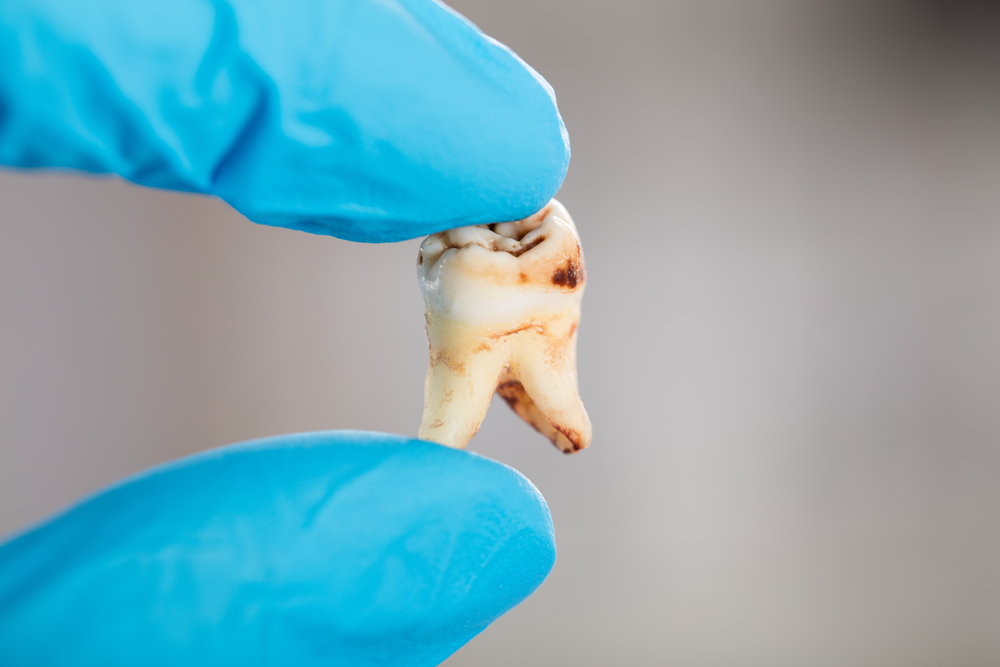Recent lawsuits alleging dental damage from the drug addiction treatment Suboxone have sparked discussions about the safety profile of this commonly prescribed drug and its potential impact on oral health. For years, Suboxone has been a cornerstone in opioid addiction treatment. However, recent claims suggest that the sublingual film strips may be linked to severe dental issues, including tooth decay, tooth loss, and dental erosion. These allegations have led to a surge in legal actions against the drug’s manufacturers, raising questions about product safety and the adequacy of Suboxone warning labels.
The emergence of these Suboxone dental damage lawsuits has prompted a closer examination of Suboxone’s alleged effects on dental health, the responsibilities of pharmaceutical companies, and the potential need for enhanced patient education. As the legal proceedings progress, they may have far-reaching consequences for the future of opioid addiction treatment and drug safety regulations.
Understanding Suboxone and Its Use in Opioid Addiction Treatment
Suboxone is a medication that combines two active ingredients: buprenorphine and naloxone. It is primarily used in the treatment of opioid dependence, helping individuals manage withdrawal symptoms and reduce cravings. The drug works by partially activating opioid receptors in the brain, providing relief without the full effects of stronger opioids.
Suboxone is typically administered as a sublingual film that dissolves under the tongue. This delivery method allows for rapid absorption into the bloodstream, providing quick relief from withdrawal symptoms. The film strips are designed to be convenient and discreet, making it easier for patients to adhere to their treatment regimen.
Suboxone Prescription for Drug Addiction
Since its approval by the FDA in 2002, Suboxone has become a widely prescribed medication for opioid addiction. Its effectiveness in reducing withdrawal symptoms and cravings has made it a popular choice among healthcare providers and addiction specialists. The drug has played a significant role in addressing the opioid crisis, offering a safer alternative to more potent opioids.
Alleged Dental Complications Associated with Suboxone Use
Recent lawsuits have brought attention to potential dental complications allegedly linked to Suboxone use. These claims suggest that the sublingual film strips may contribute to various oral health issues, ranging from minor tooth decay to severe dental erosion. Patients who have filed lawsuits allege experiencing a range of dental problems after using Suboxone. Some of the reported issues include:
- Tooth decay and cavities
- Dental erosion
- Enamel damage
- Gum inflammation
- Tooth loss
- Jaw pain
Legal Actions and Allegations Against Suboxone Manufacturers
Multiple lawsuits have been filed across the United States, with plaintiffs alleging that Suboxone use led to severe dental problems. These legal actions target the drug’s manufacturers, including Indivior Inc. and Reckitt Benckiser Pharmaceuticals Inc., among others. In one of the latest Suboxone lawsuits, filed in the U.S. District Court for the Northern District of Ohio on November 14, plaintiff Douglas Rebholz alleges that Suboxone manufacturers failed in their duty to provide sufficient warnings to patients and healthcare professionals about the potential risk of dental damage associated with Suboxone.
Rebholz’s complaint joins more than 11,000 other Suboxone lawsuits brought by former users of the sublingual film version of the drug. Each Suboxone claim raises similar allegations that tooth erosion, tooth decay, oral infections, tooth loss, and other dental problems could have been avoided had the drug manufacturing companies provided adequate information and instructions on how to avoid experiencing dental damage while using their opioid addiction treatment.
The Future of Suboxone Dental Damage Lawsuits
The ongoing Suboxone lawsuits and allegations of dental damage highlight the complex challenges involved in treating opioid addiction. While Suboxone has been a valuable tool in addressing the opioid crisis, these recent developments underscore the importance of ongoing research, vigilant monitoring, and open communication between healthcare providers and patients.
The growing number of lawsuits against Suboxone manufacturers reflects the concerns of patients who claim to have experienced dental damage as a result of using the medication. These legal actions seek to hold pharmaceutical companies accountable for alleged inadequate warnings and potential product defects.
Suboxone Lawsuit Information
Suboxone Tooth Decay Lawsuit, Leading Justice




